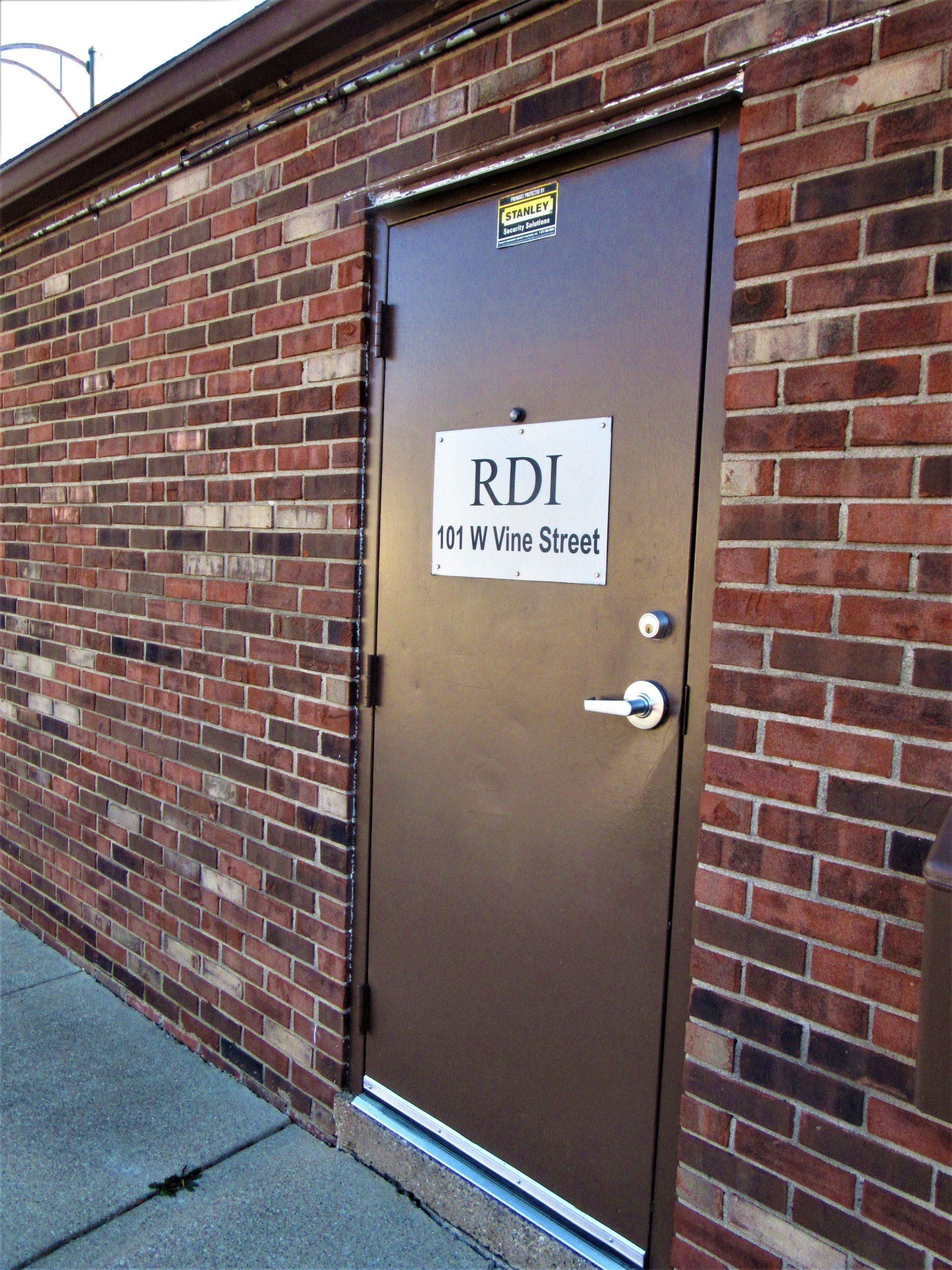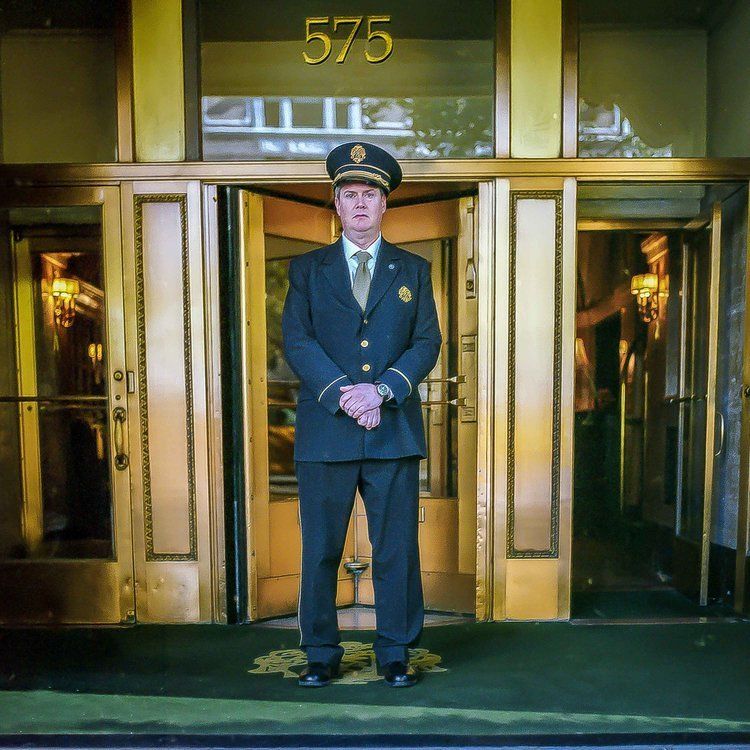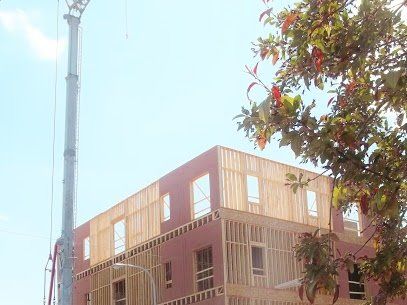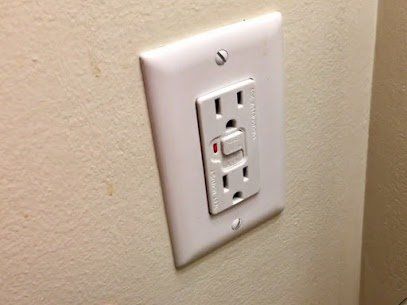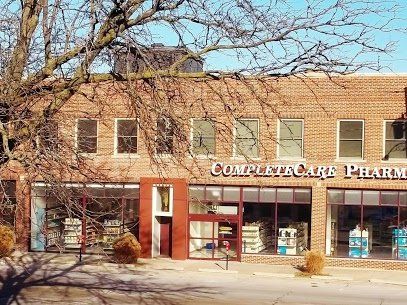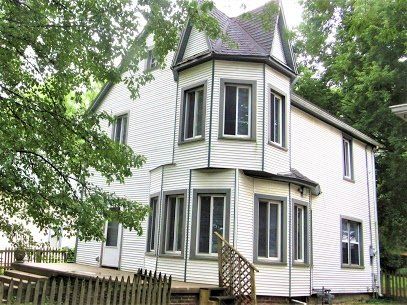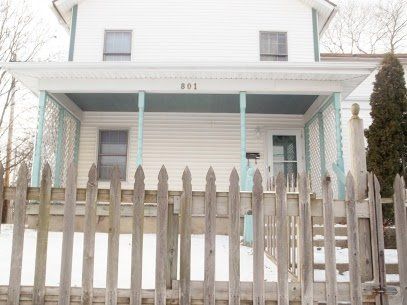NEW FITNESS CENTER
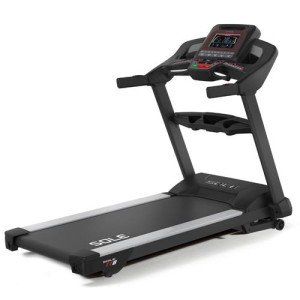



We have a diversity of properties - single homes, town houses, apartments, lofts. We are blessed by having them all concentrated in 6 and a half blocks. Our office is located in the center of all the properties. Next to our office is a larger commercial building we own. We have long thought that some portion of this last building could be part of our package of amenities.
After doing a lot of research and reading a lot of articles on ‘ the current trends’ in rental housing, we created a series of questions for our tenants. Last spring we sent a series of surveys out to our tenants asking them what they wanted – a bike repair area, a dog washing station, a meeting center, a rec room, a fitness center.
Of course every one of these had attracted some interest. However, the one with the overwhelming number of votes was a fitness center. With that, we tried to bore down on just what a fitness center meant. We got several clear things that tenants did not want – no mirrors on the wall, no television sets and no large weights; we had a lot of comments about not wanting “grunters” in their fitness center.
With this detailed feedback we decided to focus on creating a tenant fitness center. It is restricted to tenants only who are over 18 years of age. It is focused on being a fitness center and not a weight room.
It will be open 24 hours a day seven days a week. While not staffed, it is secured and monitored with six video cameras. Based upon tenant survey responses it will have:
- A Body-Solid brand Gym machine FXM3000 where over 20 different weight resistant exercises can be done (see photo)
- From Sole Fitness – (see photos)
- Two E98 ellipticals
- Three TT8 treadmills
- Three LCB Upright bikes
- Ab crunch and sit-up bench
- We also will have a rack of dumbbell free weights 5 pounds to 30 pounds
We are in the midst of building the fitness center out and hope to have it open by mid-January.
We are excited about providing a new amenity for our tenants and one that they selected.
